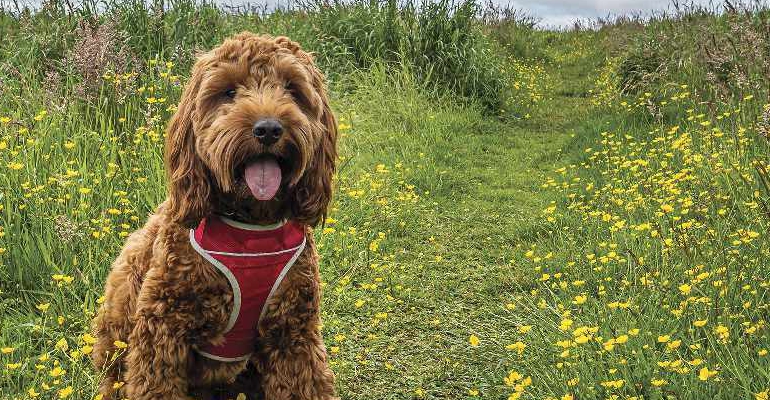
Having a dog in your life can be a very rewarding experience, however it is also a lifelong commitment. Adam Levy, Regional Manager at Dogs Trust explains why it is important for potential owners to be fully informed before bringing a dog into their lives
In 2020 there was a 62% increase in the number of enquiries Dogs Trust received from people wanting to adopt a dog. With families spending more time together at home during lockdown, it is understandable that this would seem like a good time to get a pet. However, with restrictions beginning to lift, we would advise potential owners to think about post lockdown life and whether they will be able to cope with the demands of having a dog.
Originally, we anticipated around 40,000 dogs would be at risk of being abandoned because of the pandemic. While the extension of furlough and lockdown has kept many of us at home, we have not yet experienced a huge influx of ‘lockdown puppies’ coming into our care, however the full effects of the pandemic are yet to be felt. We are already starting to see signs of this as more dogs come into our care as their owners return to the workplace and spend more time away from home, while others have lost their job and can no longer afford to continue caring for their dog.
We would encourage potential dog owners to keep an open mind about the type of dog they welcome into their home. You may have a particular dog in mind; however, there might be relevant factors like living environment, location, size of family etc. that mean you could be better suited to a different size or breed of dog.
At Dogs Trust we would always advocate adopting a rescue dog, however there are people who prefer purchasing a dog from a breeder. With a huge rise in demand for dogs there has been significant increase in the online sale of puppies and dogs, which has meant it is all too easy to be scammed into buying a pet which may not be what it seems.
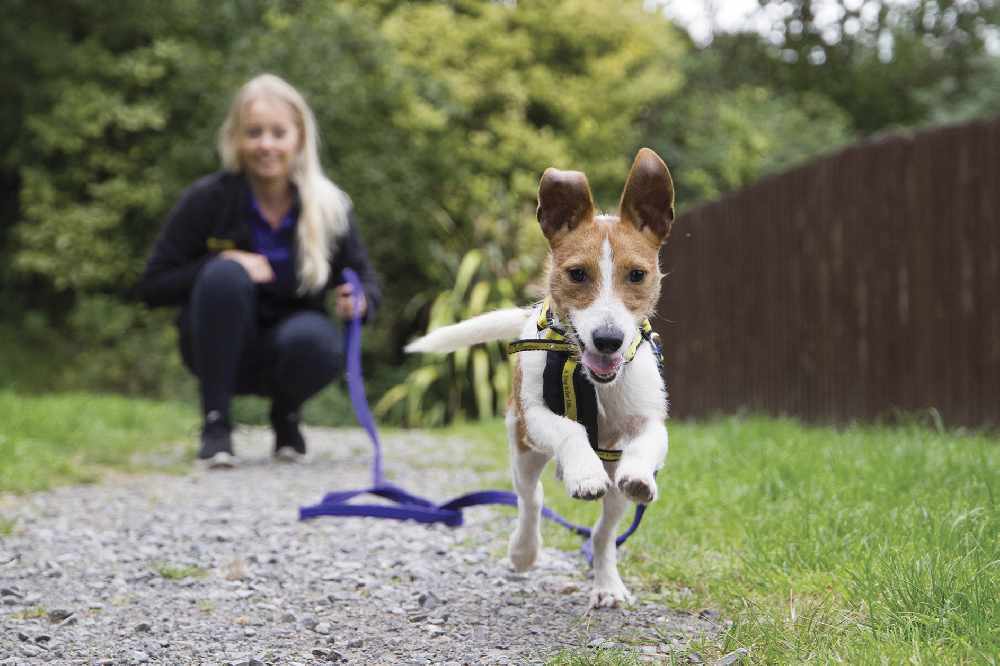
An ongoing and very serious issue that faces dogs and potential owners is the illegal trade of puppies which Dogs Trust has been calling on the Government to put a stop to for more than six years. During that time, Dogs Trust has been running its Puppy Pilot programme, which supports puppies intercepted at the ports by the APHA (Animal and Plant Health Agency), providing care and rehabilitation for them prior to finding them new homes.
Puppies smuggled into the UK illegally are generally under the legal minimum of 15 weeks of age and are imported to be sold onto unsuspecting buyers with either no paperwork or falsified paperwork and often without having received the necessary treatments, including rabies vaccination.
These puppies are forced to travel for long journeys in squalid, cramped conditions with no toilet breaks, no food and insufficient water, so they can be sold to unsuspecting buyers.
In a bid to avoid falling into this trap, we urge potential owners to follow our responsible purchasing advice:
- Always see puppy and mum together at their home and make sure to visit them more than once, even if it is via video call due to coronavirus restrictions
- Never pay a deposit up front without seeing the puppy in person
- Ask lots of questions and make sure you see all vital paperwork, such as a puppy contract – which gives lots of information about their parents, breed, health, diet, the puppy’s experiences and more
- If you have any doubts or feel pressured to buy, as hard as it may be, walk away and report the seller
Dogs Trust is here to support dog owners when they need it most, in order to change the tale for dogs, whether this is giving advice to dog owners or helping them make the difficult decision to give up their dog for adoption. We want to keep dogs in happy homes for as long as possible but understand circumstances can change in a heartbeat.
If you are struggling to care for your dog, please visit www.dogstrust.org.uk/changethetale for more information and get in touch.


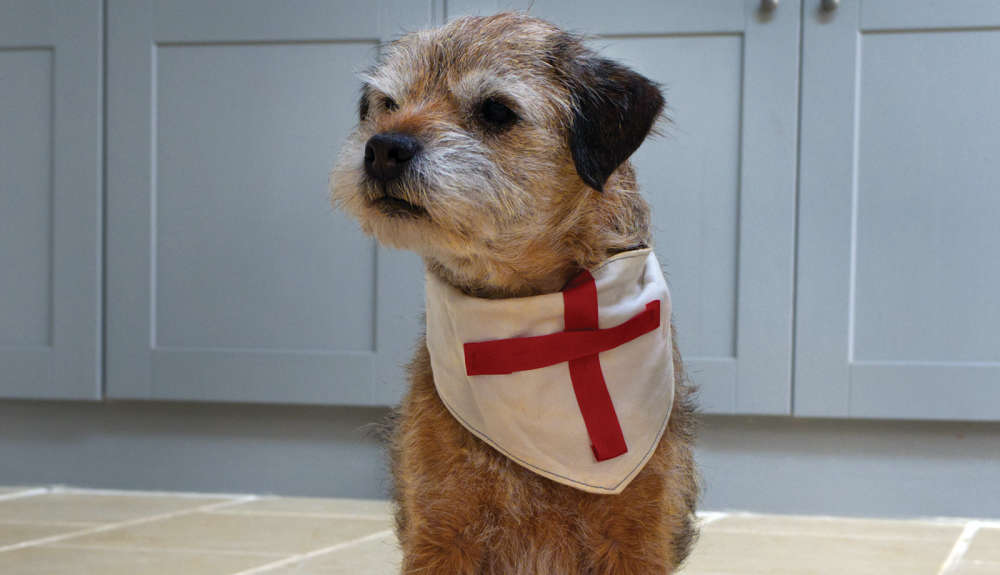 It's a Dog's Life: Teddy & the Dragon
It's a Dog's Life: Teddy & the Dragon
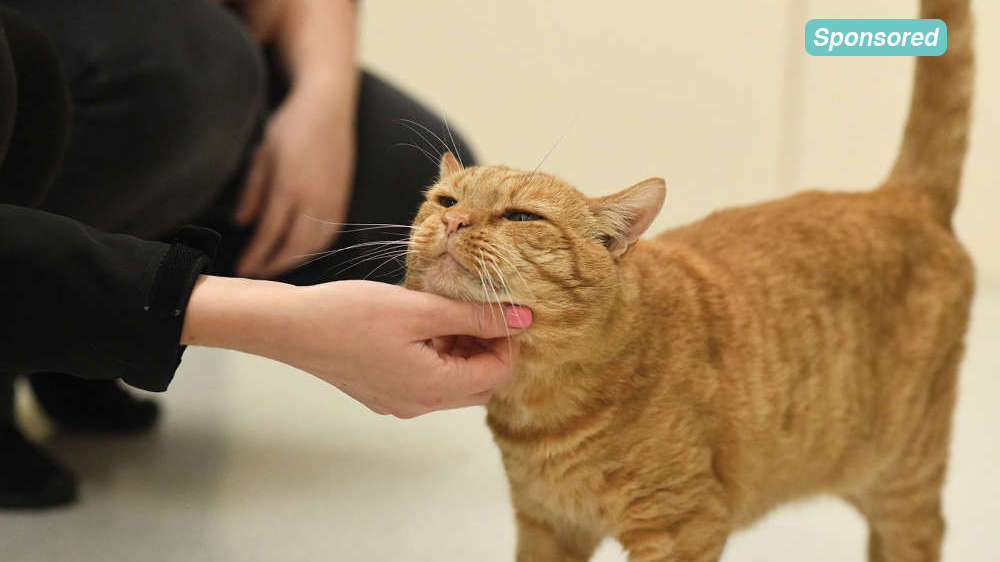 Paws for a Cause
Paws for a Cause
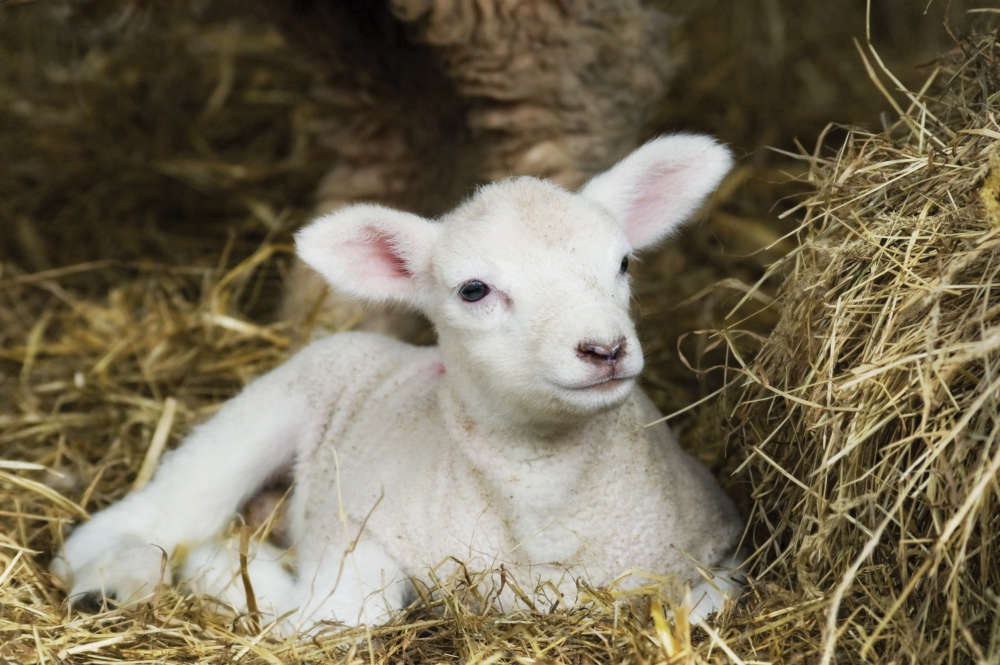 Kids Zone: Lambing in Spring
Kids Zone: Lambing in Spring
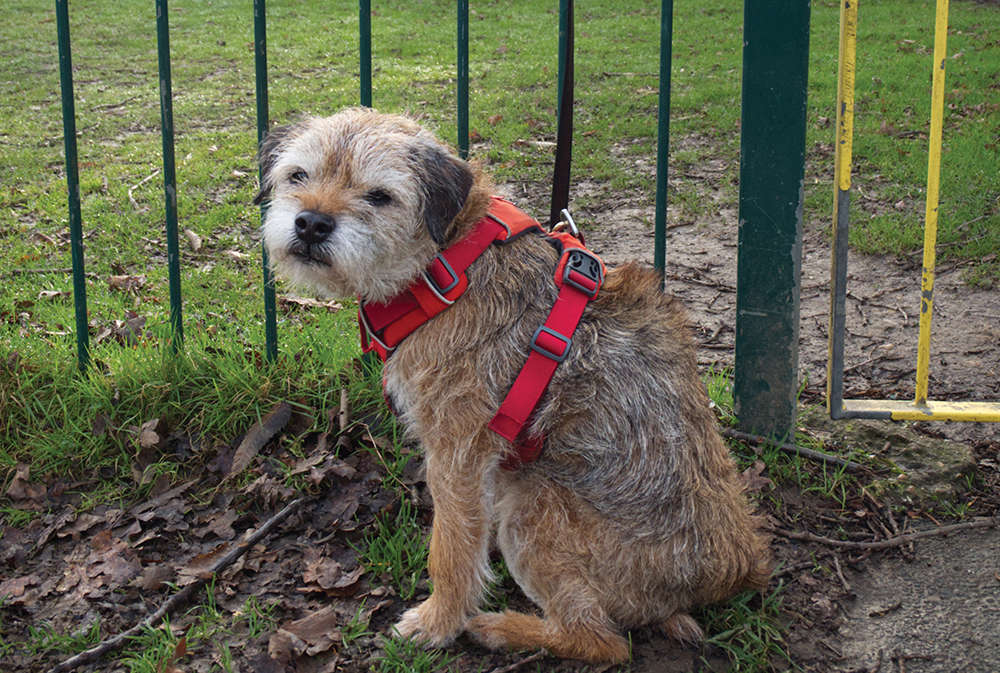 It's a Dog's Life: Access Denied
It's a Dog's Life: Access Denied
 It's a Dog's Life: February is not just for Pancakes
It's a Dog's Life: February is not just for Pancakes
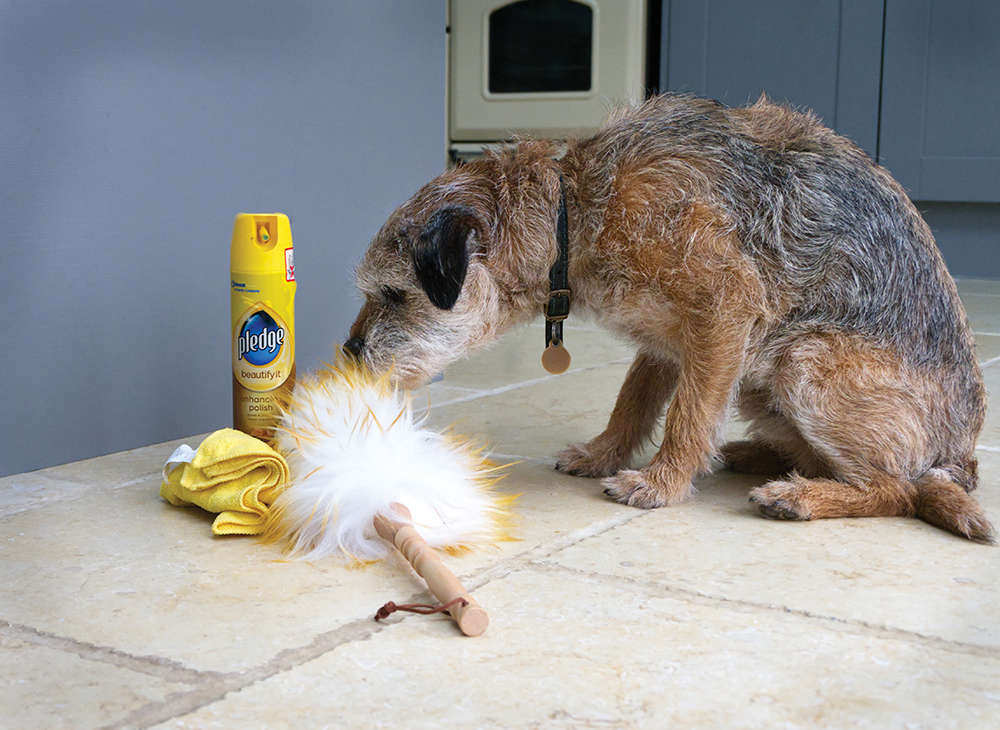 It's a Dog's Life: Cleaning Up
It's a Dog's Life: Cleaning Up
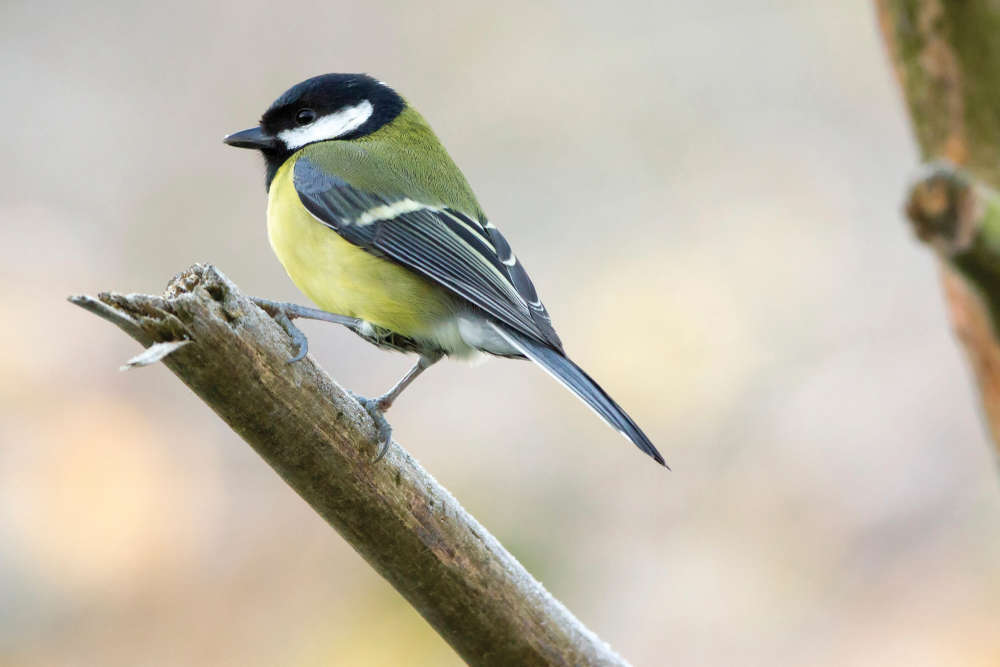 Top 10 Garden Birds to spot in Sussex
Top 10 Garden Birds to spot in Sussex
 Top Tips: Keep Your Pets Safe this Bonfire Night
Top Tips: Keep Your Pets Safe this Bonfire Night
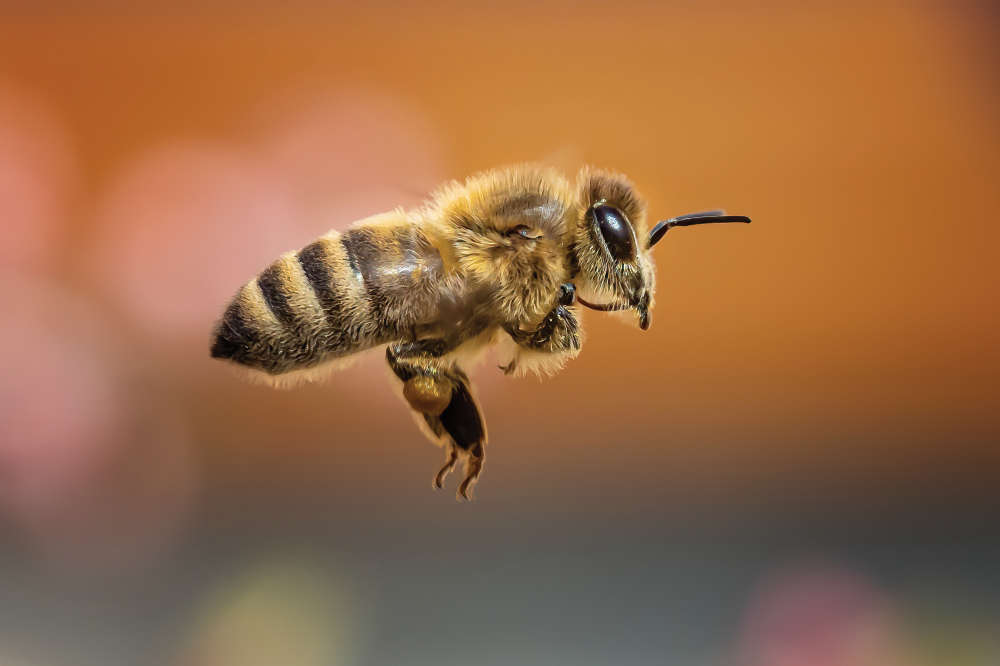 Advertising Feature: Plan Bee
Advertising Feature: Plan Bee
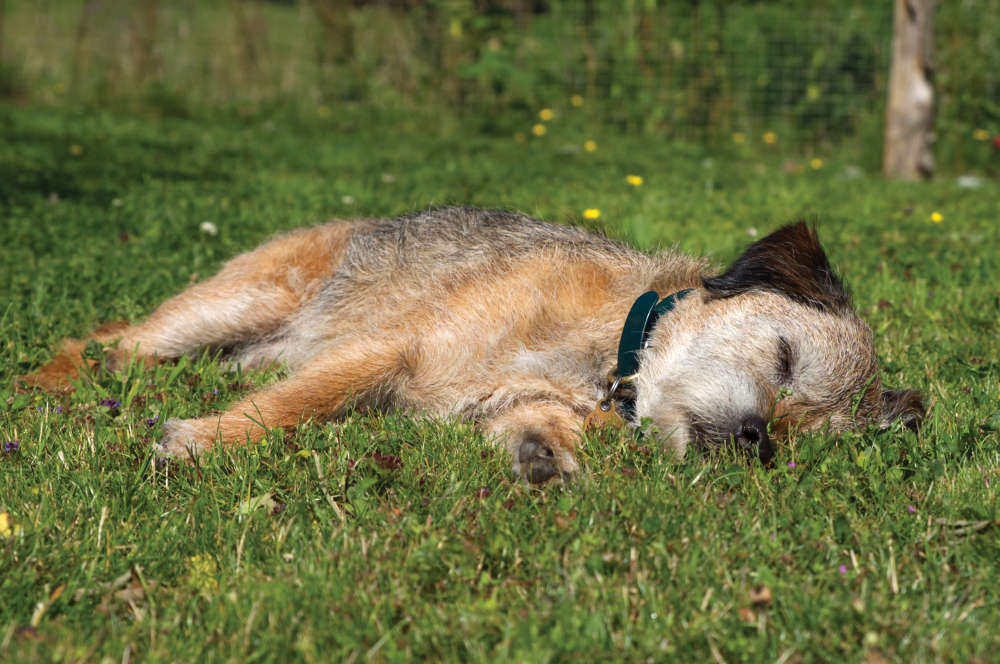 It’s a Dog’s Life - The Quiet Life
It’s a Dog’s Life - The Quiet Life
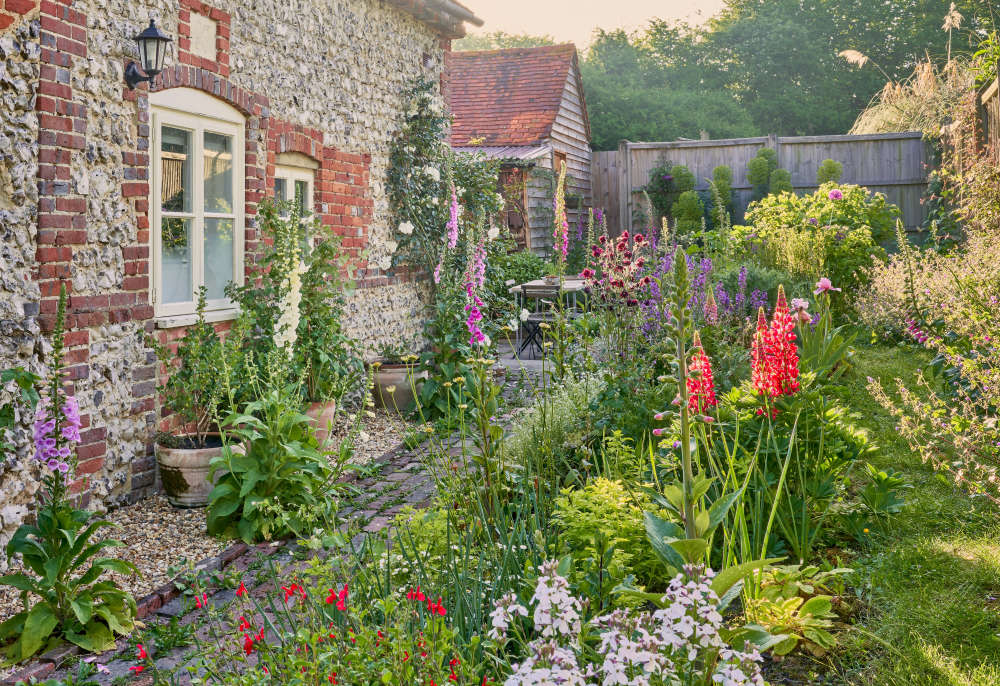 What should you be looking out for in your Sussex Garden this Summer?
What should you be looking out for in your Sussex Garden this Summer?
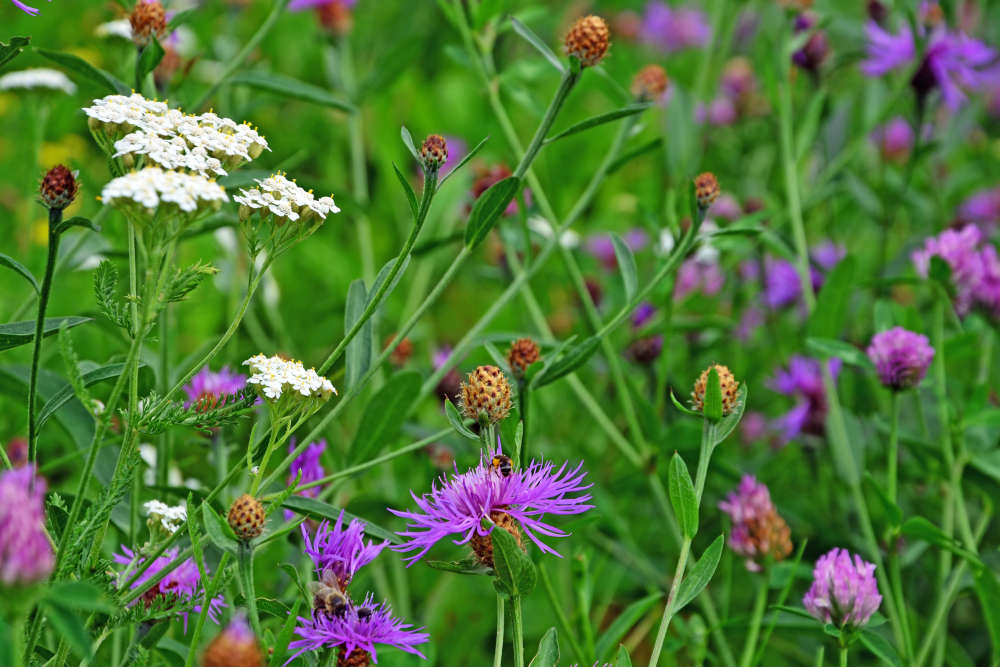 A Summer of Wildlife at RSPB Pulborough Brooks
A Summer of Wildlife at RSPB Pulborough Brooks
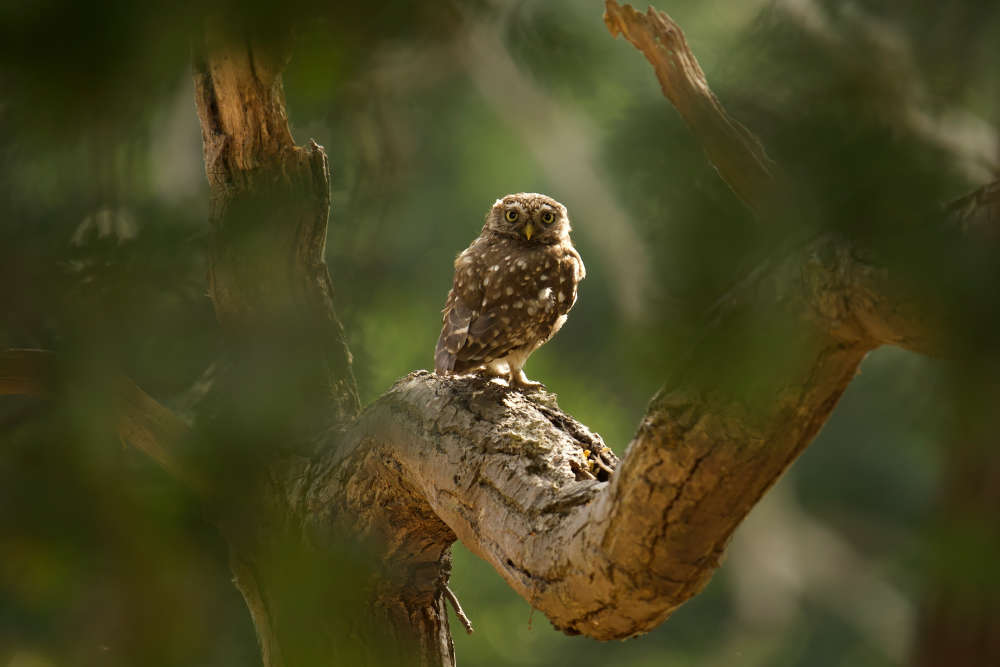 RSPCA Young Photographer Awards opens for entries
RSPCA Young Photographer Awards opens for entries
 10 ways to keep your dogs cool in the heat
10 ways to keep your dogs cool in the heat
 It's A Dog's Life: March Column
It's A Dog's Life: March Column
 PET OF THE MONTH: Ruby needs a forever home
PET OF THE MONTH: Ruby needs a forever home
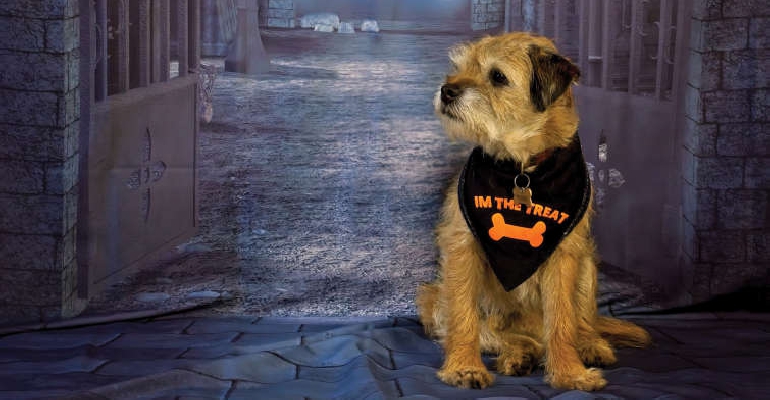 It's a Dog's Life: Other Cultures...
It's a Dog's Life: Other Cultures...
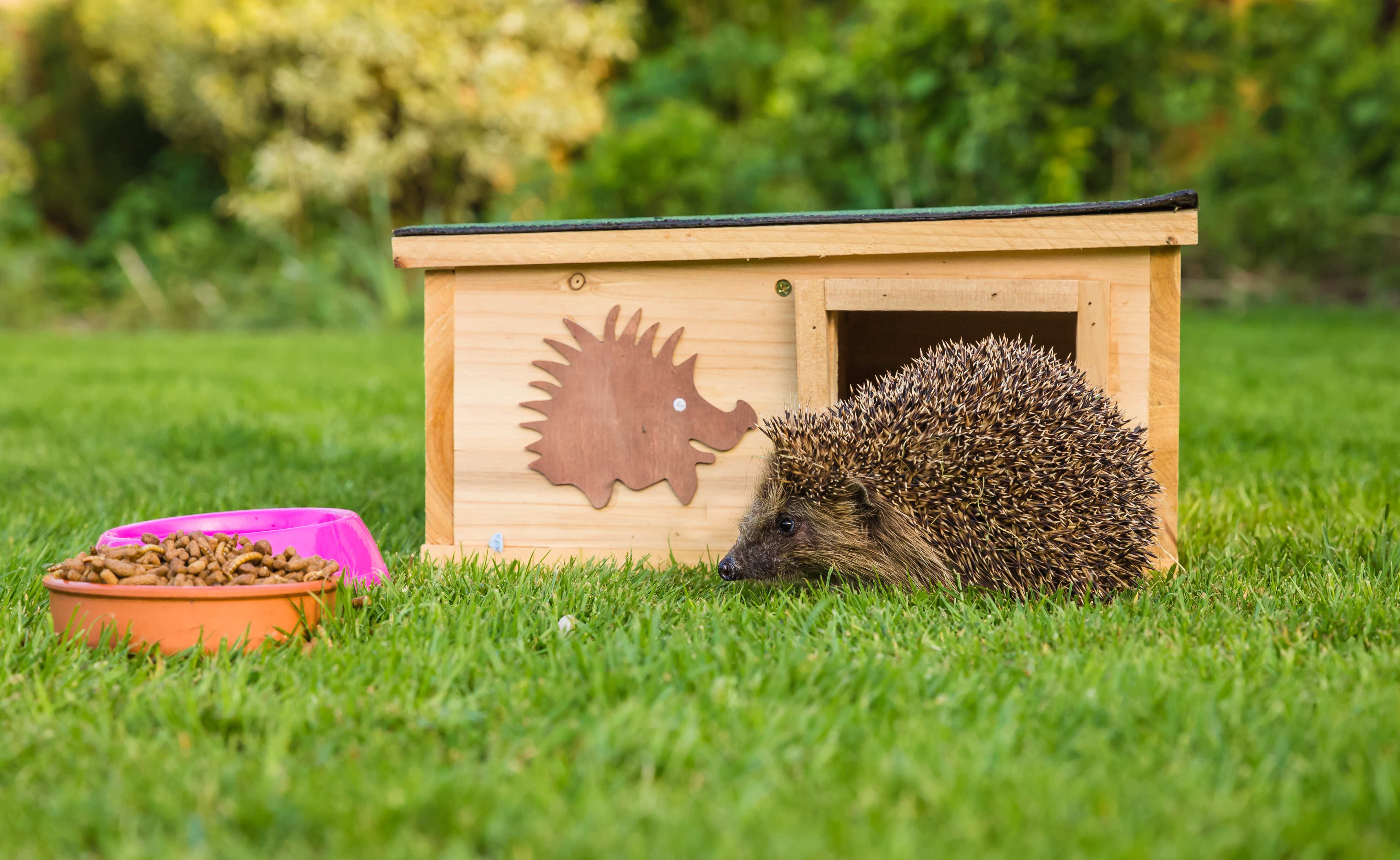 Ten Ways to Help Hedgehogs
Ten Ways to Help Hedgehogs